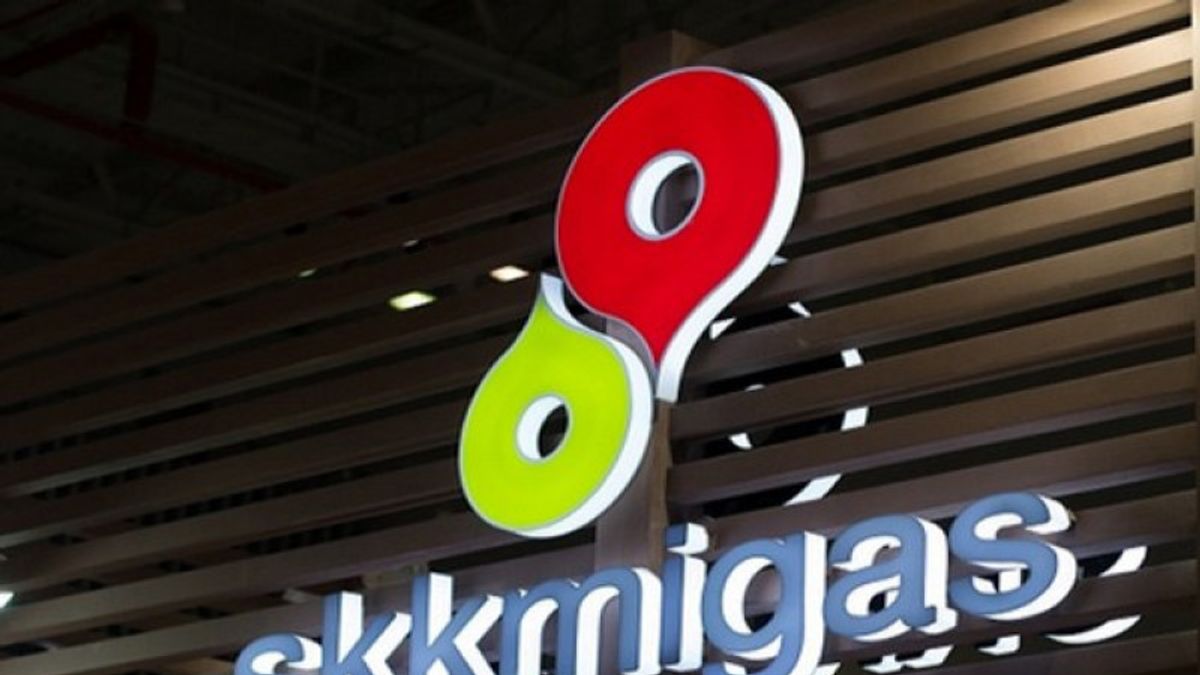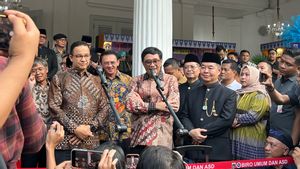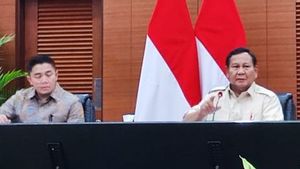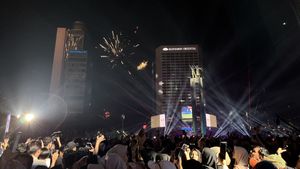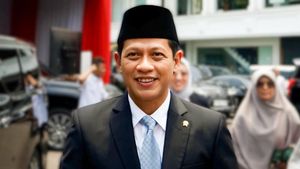JAKARTA - The Special Task Force for Upstream Oil and Gas Business Activities (SKK Migas) together with Cooperation Contract Contractors (KKKS) carry out the rehabilitation of watersheds and land restoration by planting trees around the operational areas. This is done to support the government's commitment to suppress the effects of greenhouse gases in Indonesia.
"Since 2013, upstream oil and gas has carried out a reforestation program by planting more than 7.9 million tree trunks on an area of 4,500 hectares. It is estimated that this program is able to absorb 1 million tons of CO2," said Head of Program and Communication Division of SKK Migas A. Rinto Pudyantoro , Wednesday 9 March.
Rinto further said that SKK Migas' initiative in carrying out low-carbon operations in an integrated manner has also been contained in the Indonesia Oil and Gas 4.0 (IOG 4.0) strategic plan for 2020 - 2030.
“SKK Migas makes the issue of environmental sustainability a priority that must be considered so that it becomes one of the pillars in IOG 4.0. This is done so that upstream oil and gas operational activities can run well but the environment is maintained," he said.
Rinto realized that pursuing the production target of 1 million barrels of oil per day (BOPD) and 12 billion standard cubic feet per day (BSCFD) of gas in 2030 will have an impact on increasing carbon emissions.
“On the one hand, increased production will also increase carbon emissions. For this reason, we are also working to ensure that the implementation of CCUS (Carbon Capture Utilization Storage) can be realized immediately. Because through CCUS, it can not only reduce carbon emissions, but also increase oil and gas production through CO2 - Enhanced Oil Recovery (EOR)," he continued.
Currently, trials of CCUS implementation have been carried out in several fields, namely Gundih, Sukowati, and Tangguh fields.
“At the end of last year, there was an MoU (Memorandum of Understanding) of SKK Migas with BP Tangguh regarding the construction of CCUS. We are trying to encourage other KKKS to be involved in the development of CCUS in Indonesia,” said Rinto.
For the Gundih Field, Rinto explained that the stages of work will be carried out in 2023. With this stage, the CO2 - EOR project in the Gundih Field will be able to start the injection of CO2 into the earth's layers by the end of 2024. At least 3 million tons of CO2 will be used in the Gundih field CCUS project within 10 years.
"As for the Sukowati Field, in 2022 it will enter the CO2 injection pilot project stage. It is hoped that after the successful trial, approval will be obtained for the development plan of supporting instruments for CO2 injection. The project is expected to be fully operational in 2028. This program targets the injection of CO2 into the earth up to 15 million tons within 25 years,” explained Rinto.
In addition to these efforts, SKK Migas has also made efforts to improve energy management to reduce the level of specific energy consumption in producing oil and gas to achieve best practice in the Asian and Australian regions of 1.49 GJ/ton-product (IOGP Data, 2020).
"The concept of own use for gas fuel is deemed necessary to reconsider the economic value of the energy used and the level of energy efficiency that has been running so far. SKK Migas will continue operating excellence practices that have been able to reduce fugitive emissions by 22.73 percent for the last five years," said Rinto.
SKK Migas also strives to continue and expand the monetization of flaring gas which has not been utilized so far.
"Efforts to cooperate with potential consumers who have oil and gas processing or trading permits refer to the flexibility of the Minister of Energy and Mineral Resources Regulation (Permen) Number 30/2021 which revises the Minister of Energy and Mineral Resources Regulation Number 32/2017. It is hoped that this will be a way out of the problems in the process so far," concluded Rinto.
The English, Chinese, Japanese, Arabic, and French versions are automatically generated by the AI. So there may still be inaccuracies in translating, please always see Indonesian as our main language. (system supported by DigitalSiber.id)
